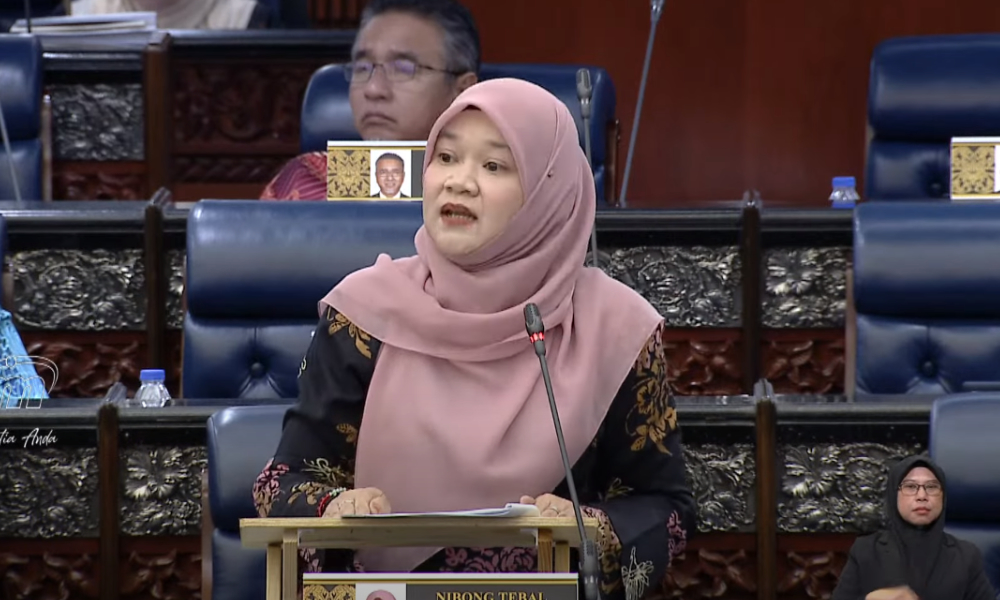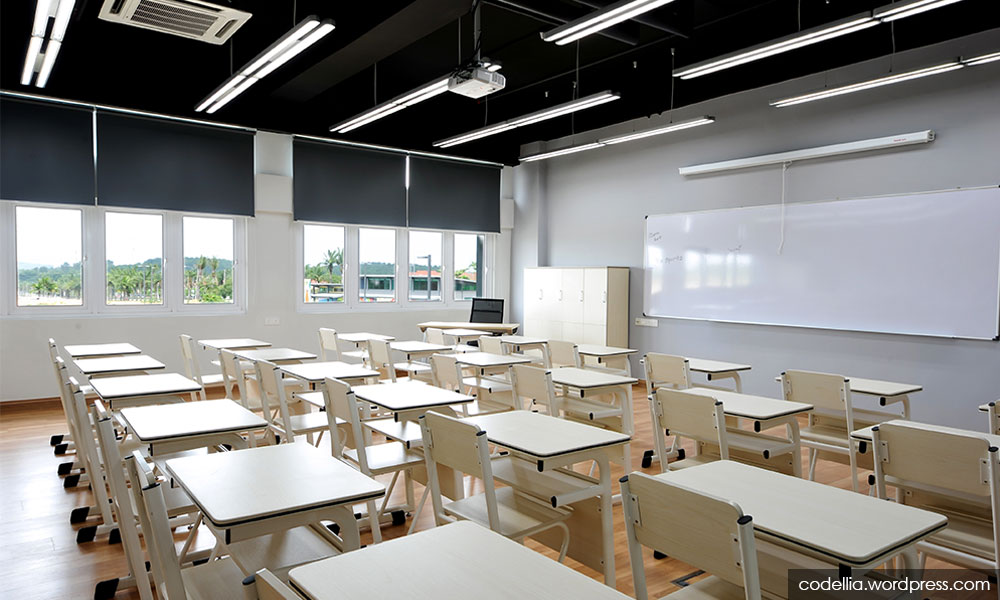When international schools were initially set up in Malaysia in the ‘60s and ‘70s, they catered for children of expatriates.
Malaysian children who had part of their education overseas, or children of Malaysians returning from postings overseas, would have to apply for dispensation from the Education Ministry.
Initially, there was a 40 percent cap on local enrolment in international schools or the requirement that one of the parents of these local students must be a foreigner.
When the government intended to make Malaysia the regional education hub in the ‘90s, it offered unlimited licences to establish schools, colleges and universities.
But in 2012, the cap was removed and the demand increased. At the last count, there are 182 international schools in Malaysia in 16 different towns.
There are about 50 universities and university colleges, more than 500 private colleges, polytechnics, and community colleges.
Over the years, policies changed and like any other commodity, availability is just a matter of affordability. Those who have the money, send their children to international schools.

According to figures in a parliamentary reply by Education Minister Fadhlina Sidek, as of May 31, there were 88,951 students in international schools, with 59,726 (67.1 percent) being Malaysian and 29,225 (32.9 percent) non-citizens.
Bumiputera student enrolment in international schools increased by 49.4 percent from 2019 to 2024 while non-bumiputera student enrolment in international schools saw a 30.6 percent hike over the same period.
Overall, the enrolment of Malaysian students in international schools has increased by 34 percent from 2019 to 2024.
These figures are startling. Besides, 55,000 Malaysians are studying abroad.
Trust deficit
This reveals something serious - the education system needs a complete review to create a more vibrant and truly educational experience for our children.
Educational sociologist Anuar Ahmad told Free Malaysia Today that the increase in bumiputera students is a sign that more bumiputera parents are losing trust in the quality of national schools.
While the numbers were not significant, they reflect a changing perception of public schools, especially among families with higher incomes.

These parents, he said, would view international schools, with better facilities and higher quality education, as being able to boost their children’s education and career prospects.
Parent Action Group for Education chairperson Noor Azimah Abdul Rahim said international schools have become more accessible in recent years, with several more affordable options available.
“The Education Ministry has failed to create the so-called competition but has instead further segregated the young, with many Malaysians having little or no proficiency in the national language.
“Meanwhile, national school students are deprived of further enhancing their English until their proficiency in Malay has reached the national average, such as in the case of the dual language programme,” she was reported as saying by FMT.
Exploiting education for political mileage
The experts have said it, teachers have said it and parents have been clamouring for an overhaul. But their efforts are being thwarted by groups who even want the vernacular schools abolished for selfish reasons.
Politicians who make up this lot may be using education to go up the ladder and our policymakers seem to pander to these people to stay in power.
Many have been exploiting education by expounding nationalistic fervour using race, religion, and entitlement. But are they interested in giving our children the best and preparing them for working life?

But why isn’t anyone listening?
Some of them, including high-level politicians and policymakers are content sending their children to international and Chinese primary schools while at the same time refusing to make the changes.
They have the clout but refuse to offer support when proposals to change are made - fear of losing support from their communal supporters, who fear it will be the end of their race and religion.
Such claptrap and drivel may be a selling point to the gullible in elections, but what happens after that? To continue to stay in power, nothing will change and the whole process will be repeated.
Are we proud of university graduates collecting garbage across the Causeway? Are we pleased watching some of them whiz past on motorcycles to make food deliveries?
If so, why spend so much money building institutions of higher learning, and offering scholarships and bursaries for tertiary education?
If nothing is done, and when the education of our future generation is hinged on winning elections and staying in power, we will be reduced to nothing but a failed state. - Mkini
R NADESWARAN is a veteran journalist who writes on bread-and-butter issues. Comments: citizen.nades22@gmail.com.
The views expressed here are those of the author/contributor and do not necessarily represent the views of MMKtT.



No comments:
Post a Comment
Note: Only a member of this blog may post a comment.